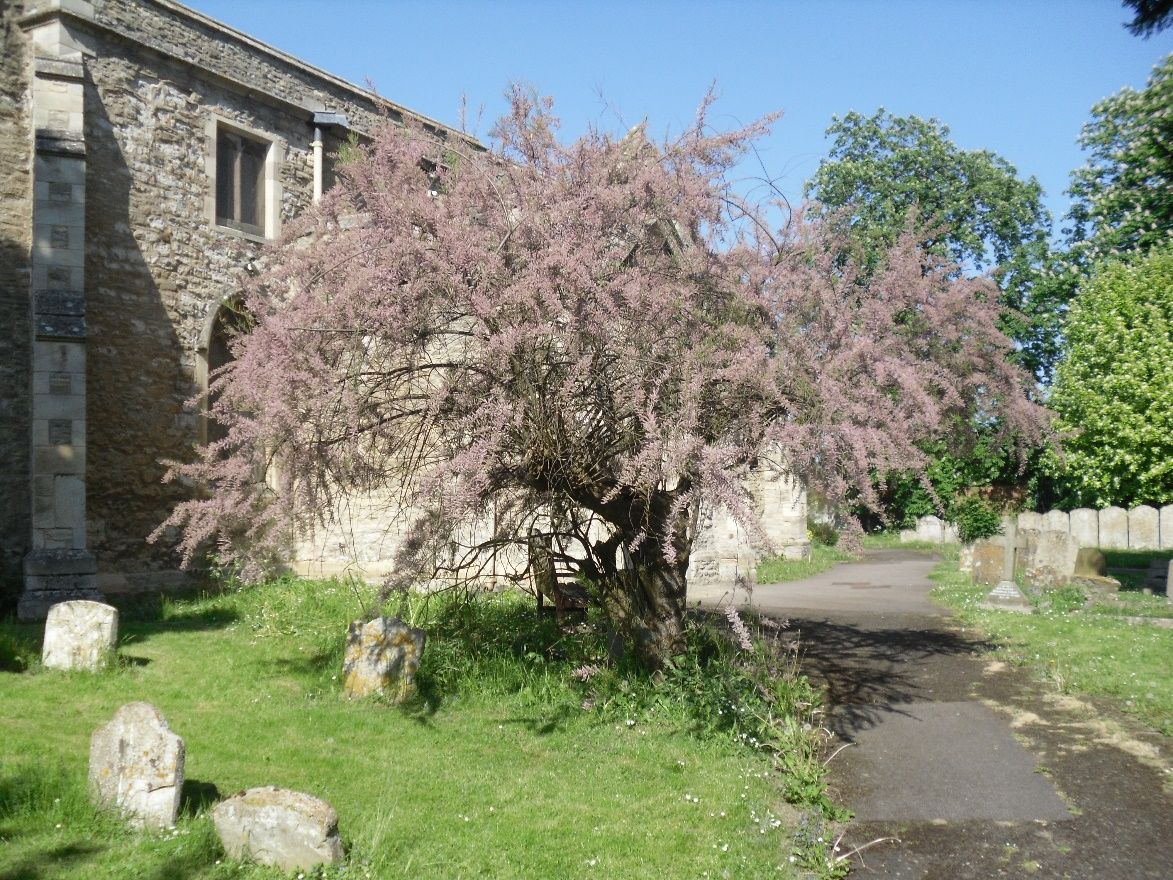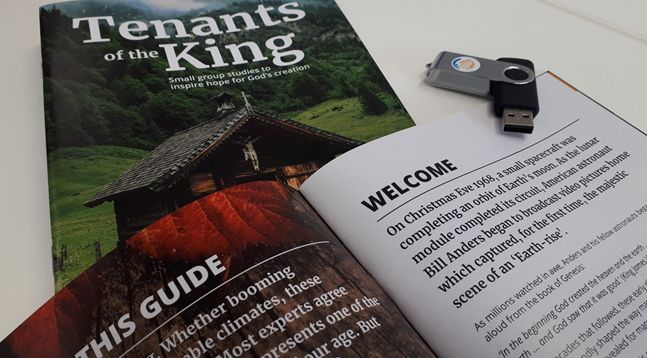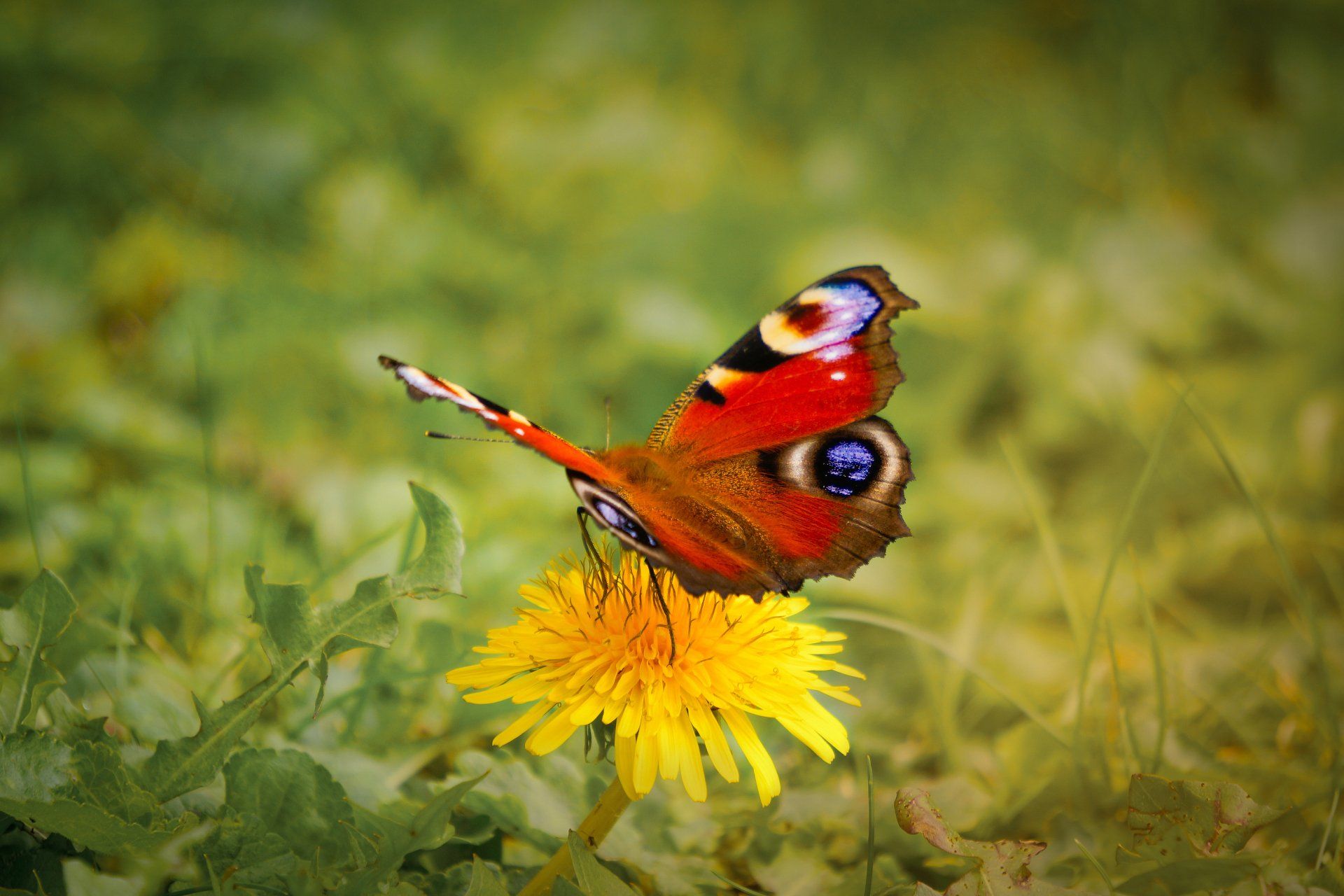Net zero and carbon footprints explained
In this post we take a look at what the terms net zero and carbon footprint mean, why they are important and how churches and individuals can make a difference.

What does net zero actually mean?
The Energy Saving Trust explains net zero like this: The term net zero means achieving a balance between the carbon emitted into the atmosphere, and the carbon removed from it. This balance – or net zero – will happen when the amount of carbon we add to the atmosphere is no more than the amount removed.
Why is net zero an important ambition?
The science clearly shows that in order to avert the worst impacts of climate change and preserve a liveable planet, global temperature increase needs to be limited to 1.5°C above pre-industrial levels. The UN Net Zero Coalition says that emissions need to be reduced by 45% by 2030 and reach net zero by 2050.
Can net zero actually be achieved?
Yes! However, it is a huge challenge and urgent action is required. Net zero means we need to rethink, as a society and as individuals, how much we consume, how we make things, how we travel and what we eat. The solutions to reducing emissions are varied and include economic and social changes (e.g. tax incentives, educational programmes and community based projects), developing new green technologies and nature based responses (e.g. renewable energy, peatland restoration and tree planting)

What is a carbon footprint?
A carbon footprint is the amount of carbon dioxide and other greenhouse gases released into the atmosphere as a result of our actions.
Why calculate it?
If we understand our impact then we can take steps to reduce it. Carbon footprint calculators help us see what changes we can make.
How do I calculate my carbon footprint?
There are lots of online carbon calculators. We have road tested a sample of them and would recommend either of the two calculators below.
The
WWF carbon footprint calculator is a quick and easy to use online questionnaire. It covers food, travel, home and spending. There are lots of helpful hints and "did you know?" facts as you work your way through. At the end it will tell you how you compare to the UK average and which section of the survey produced the largest percentage of your carbon footprint.
The
Climate Stewards calculator for individuals is more in-depth, and may require you to do a little research, but you will get a much more accurate picture of your carbon footprint. At the end of the survey you will be given the opportunity to offset your carbon emissions by making a donation which is used to fund Climate Stewards’ partners in Ghana, Kenya, Nepal, Peru, Tanzania and Uganda. They work with local partners on community-based projects that either reduce carbon emissions or remove carbon dioxide from the atmosphere.
If you give one of the carbon footprint calculators a try, think about:
What changes can you make?
What was the most surprising thing about your results?
Is the church going to be calculating its carbon footprint?
Yes! We will be using the
Climate Stewards 360º Carbon calculator, which is the one recommended for churches taking part in the Eco Church scheme. We will be looking at key areas including energy use, food and waste. Calculating this year’s footprint will help us monitor our progress in future years.

Eco Church
The Eco Church programme provides a framework for churches looking to take action to reduce their carbon footprints, campaign for local and global action and learn more about the Biblical mandate for creation care.
Andy Atkins from A Rocha UK says: “Addressing climate change is a profound opportunity for human society to learn to live in balance with other parts of God’s creation, as he intended. Christians and churches have unique assets to bring to bear to this challenge of our generation and Eco Church provides a learning community with multiple tools in which churches can advance together.”
Action for Hope
The Methodist Church has set an aspirational target of becoming a net zero carbon emissions church by 2030. Many districts, circuits and churches have already begun to work towards net zero goals, an Eco District award, or other aims in caring for creation.
The Methodist Church has decided to initially focus on three key areas:
Faith-consistent use of assets – including investments, purchasing power, buildings and land.
Wisdom – including theology, liturgies and prayer.
Lifestyles – including traditions of simple living.
More detail on Action for Hope will be released later in 2022.
*Do you have any questions about net zero or carbon footprints that we haven’t answered here? Send them to
online@putnoechurch.org.uk and we’ll add them to this post!*









